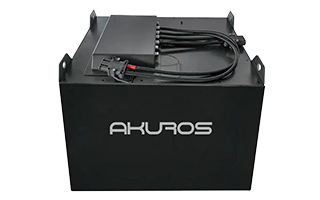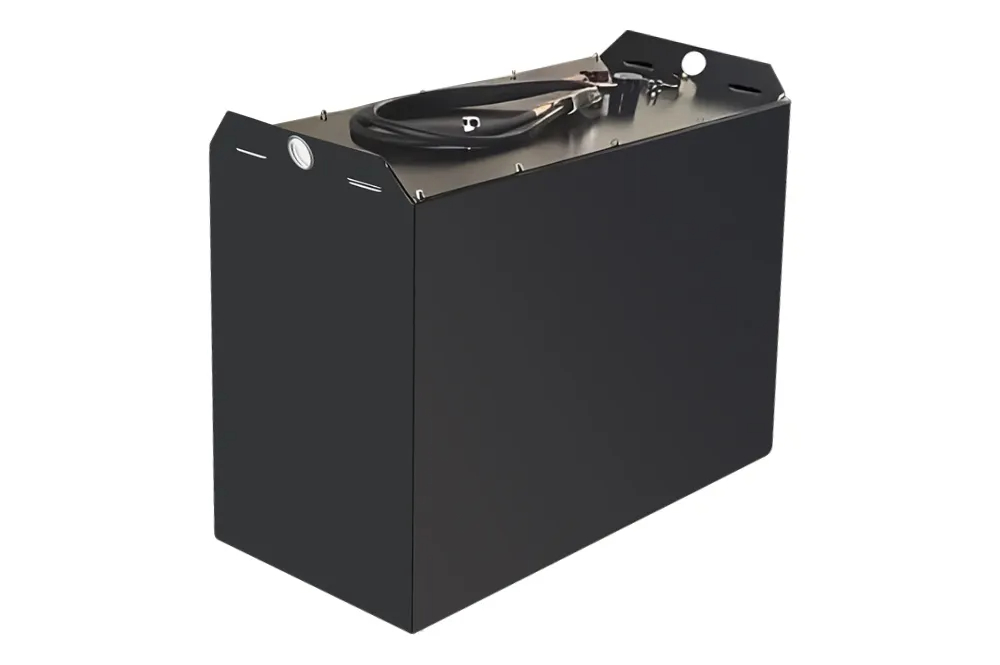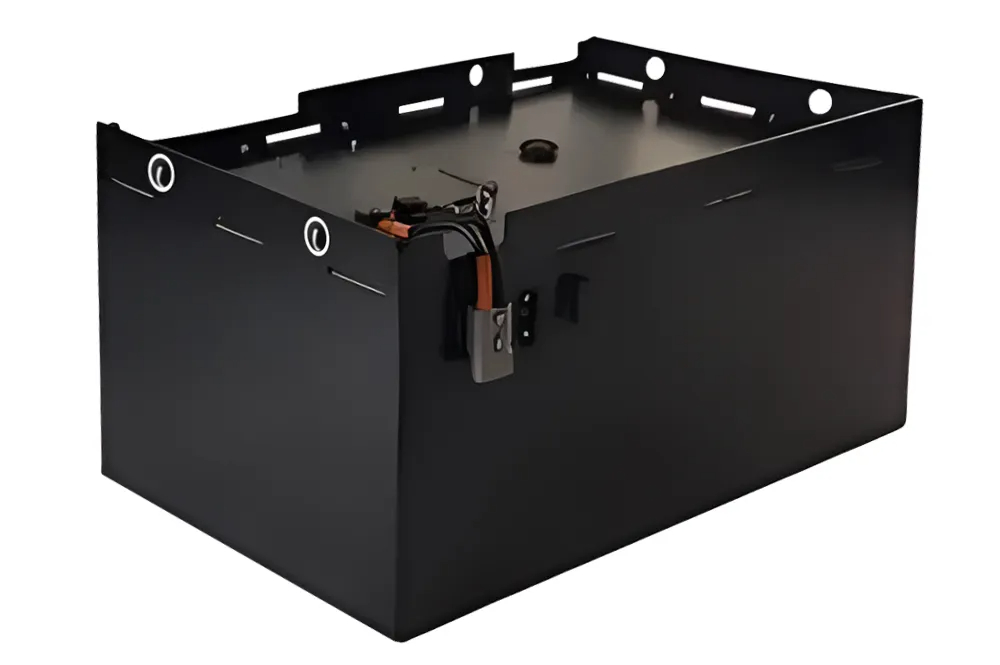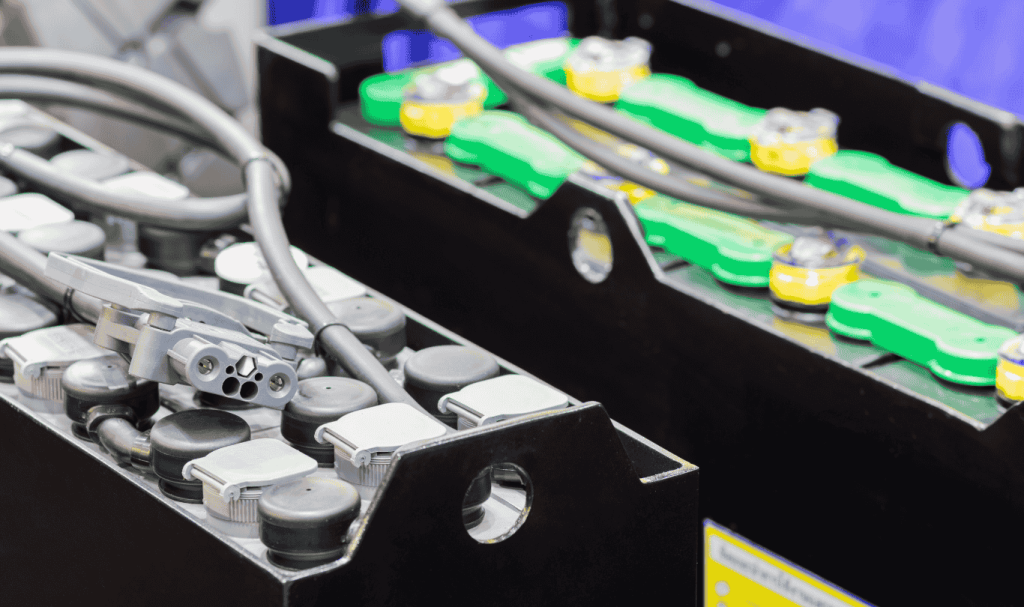Contents
Understanding Forklift Batteries as the Heart of Electric Forklifts
In the modern age of industrial automation and sustainability, Forklift Batteries have become a central force in ensuring smooth and efficient warehouse operations. As companies increasingly turn to electric forklifts to reduce emissions and enhance operational control, understanding the vital role of the forklift battery is essential. It powers the lifting, moving, and maneuvering of goods within a warehouse, replacing traditional fuel-based systems with clean and sustainable battery power.
These batteries are more than just energy storage devices—they are the core performance drivers of electric material handling equipment. Choosing the right forklift battery, and maintaining it correctly, has a direct impact on equipment productivity, worker safety, and long-term operational costs.
Measuring Forklift Battery Performance with Key Indicators
Performance evaluation of Forklift Batteries is not just about voltage; it involves understanding various Key Performance Indicators (KPIs) such as cycle life, energy efficiency, discharge rates, and charge retention. A well-performing forklift battery provides stable power throughout the shift, resists deep discharge damage, and maintains a long battery life even under demanding conditions.
Another critical indicator is the battery’s ability to perform consistently during peak usage hours. For busy warehouse operations, especially those running multiple shifts, battery power must be reliable, efficient, and responsive. Assessing these metrics enables better selection, usage, and planning for future investments in forklift batteries.

Forklift Batteries
Matching Battery Selection to Application Requirements
Selecting the proper forklift battery requires more than matching voltage and size. It depends on specific operational needs like the frequency of use, load capacity, indoor or outdoor applications, and working temperatures. For instance, electric forklifts used in cold storage may require batteries designed for lower temperatures, while fast-paced operations benefit from lithium-ion models with quicker charging capabilities.
Lithium-ion batteries are gaining popularity due to their longer battery life, rapid charging, and zero maintenance requirements. However, lead-acid batteries remain widely used for their affordability and proven performance. Understanding the unique advantages of each type allows operators to make strategic decisions that enhance forklift performance and reduce downtime.
Best Practices for Charging and Battery Maintenance
Efficient use of Forklift Batteries hinges on disciplined battery maintenance and smart charging strategies. Poor charging habits, such as opportunity charging or overcharging, can dramatically shorten battery life. Utilizing designated charging stations equipped with proper ventilation and safety systems helps extend the life and performance of batteries.
Routine checks of electrolyte levels (for lead-acid types), terminal cleaning, and monitoring temperature during charging are essential aspects of battery maintenance. For lithium-ion batteries, maintenance is minimal, but regular monitoring through battery management systems (BMS) ensures optimal functioning.
Training warehouse personnel in battery handling, charging protocols, and inspection routines not only preserves forklift performance but also reduces operational risks and unexpected equipment failures.

Forklift Batteries Suppliers
Ensuring Battery Safety with Proper Handling Protocols
Battery safety is non-negotiable in any warehouse setting. Mishandling of Forklift Batteries can lead to acid spills, electrical fires, or personal injury. Safety begins with proper infrastructure: charging stations must be equipped with ventilation, fire suppression equipment, and spill containment tools.
Operators should wear protective equipment when handling lead-acid batteries, and batteries should be lifted using correct mechanical aids to avoid injuries. Regular inspection of battery casings, connectors, and cables is also crucial to maintaining electrical integrity and safe operation.
Electric forklifts powered by lithium-ion batteries offer enhanced safety features such as thermal monitoring and auto shut-off, but they must still be handled with care to prevent damage or overheating.
Advancements in Forklift Battery Technology
The field of Forklift Batteries is rapidly evolving. Innovations in lithium-ion chemistry, battery management systems, and even wireless charging are transforming how businesses approach battery power. Modern batteries offer intelligent diagnostics, remote monitoring, and energy usage tracking to optimize forklift performance in real-time.
Advancements in energy efficiency mean batteries are now smaller, lighter, and more powerful than ever before. Many lithium-ion batteries support opportunity charging, allowing short charging periods without degrading battery health—perfect for multi-shift environments.
Solid-state batteries, although still in the early stages of commercialization, promise even greater capacity, faster charging, and higher safety standards, pointing to an exciting future for electric forklifts.

High Quality Forklift Batteries
Evaluating Cost and Return on Investment
Investing in the right forklift battery is a strategic financial decision. While lithium-ion models come with a higher initial cost, their lower maintenance requirements, longer battery life, and superior energy efficiency make them cost-effective over time. On the other hand, lead-acid batteries remain a budget-friendly option for single-shift operations or less intensive usage.
A thorough cost analysis should consider not just the purchase price, but also charging infrastructure, maintenance resources, energy consumption, and replacement frequency. Companies aiming to maximize their ROI should also factor in labor savings and productivity improvements from longer operational shifts and reduced downtime.
The right forklift battery can pay for itself within a few years through increased uptime and reduced operating expenses.
Embracing Future Trends in Forklift Battery Development
As sustainability and automation continue to shape warehouse logistics, the future of Forklift Batteries lies in smarter, cleaner, and more integrated solutions. Connectivity is becoming a key feature, with cloud-connected batteries feeding performance data into warehouse management systems for predictive maintenance and smarter fleet scheduling.
Recyclable battery materials, renewable energy charging systems, and end-of-life recovery programs are also gaining momentum as companies look to reduce their environmental impact. The push for zero-emission warehousing makes electric forklifts powered by next-gen batteries an essential element of long-term sustainability strategies.
New developments in battery safety, faster charging stations, and modular battery packs are opening the door to flexible solutions tailored to different operational models and business sizes.

custom Forklift Battery
In the dynamic world of logistics and supply chain management, Forklift Batteries serve as the silent powerhouse behind efficient warehouse operations. Whether you’re managing a single-shift facility or a 24/7 distribution hub, the performance, reliability, and longevity of your forklift battery will determine your operation’s success.
Through smart battery selection, consistent battery maintenance, adherence to battery safety protocols, and investment in modern charging stations, businesses can drastically improve forklift performance and reduce total cost of ownership. As the industry shifts toward cleaner, smarter, and more efficient operations, electric forklifts powered by advanced battery power solutions are no longer a luxury—they are a necessity.
By staying ahead of technological advancements and embracing best practices in battery care, companies not only protect their equipment but also gain a competitive edge in energy savings, safety compliance, and environmental stewardship. Forklift batteries are powering the future of logistics—and the future is bright, efficient, and electric.For example: “Want to learn more about Forklift Batteries? Contact us now to get a quote!”
Previous News
Maximizing Forklift Performance and Safety with...Next News
Discover the World of Forklift AccessoriesShare:




